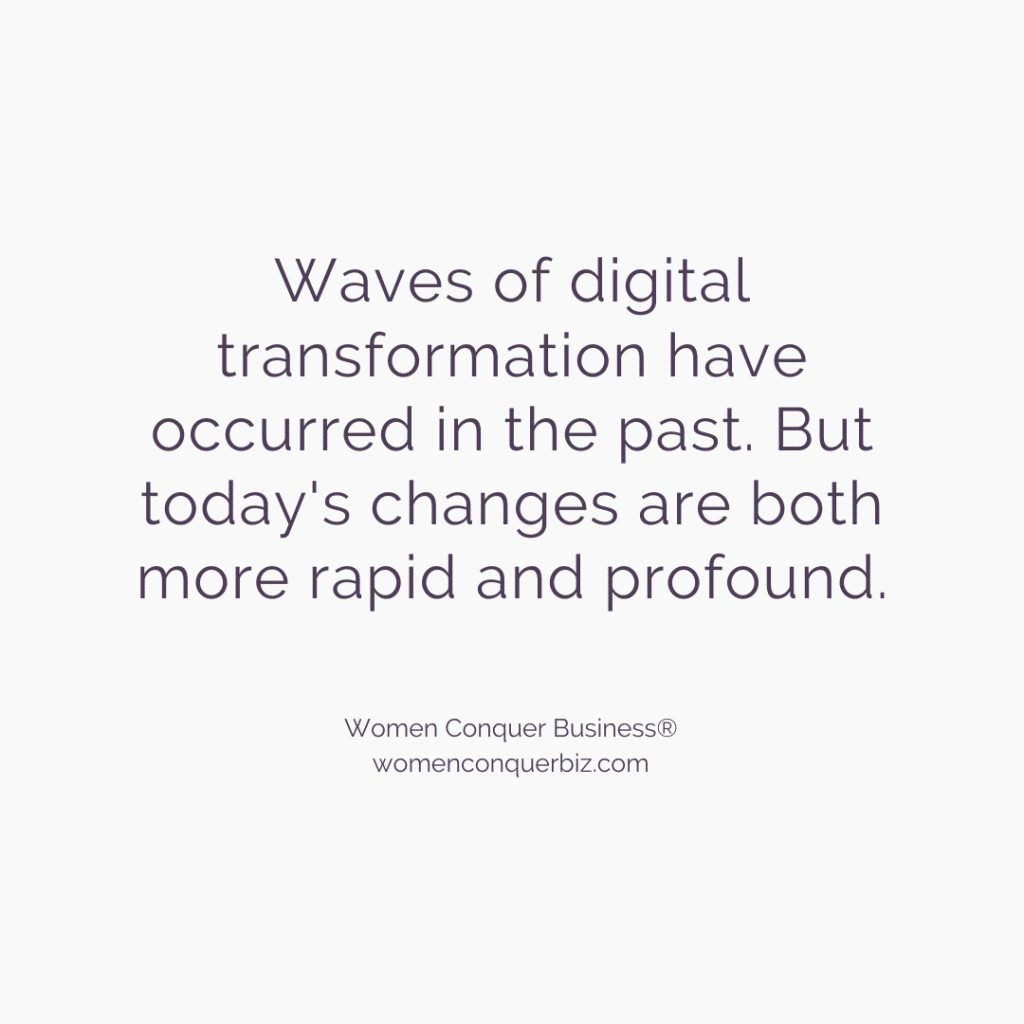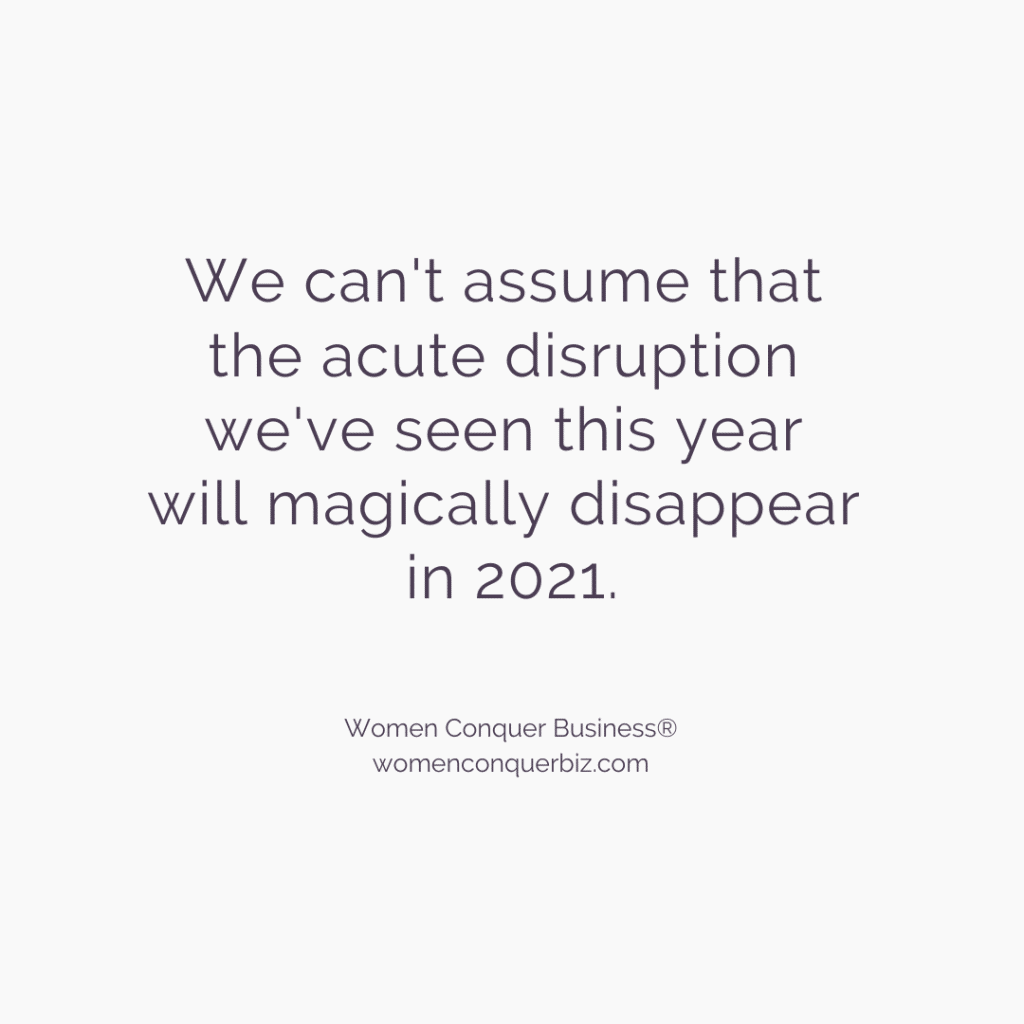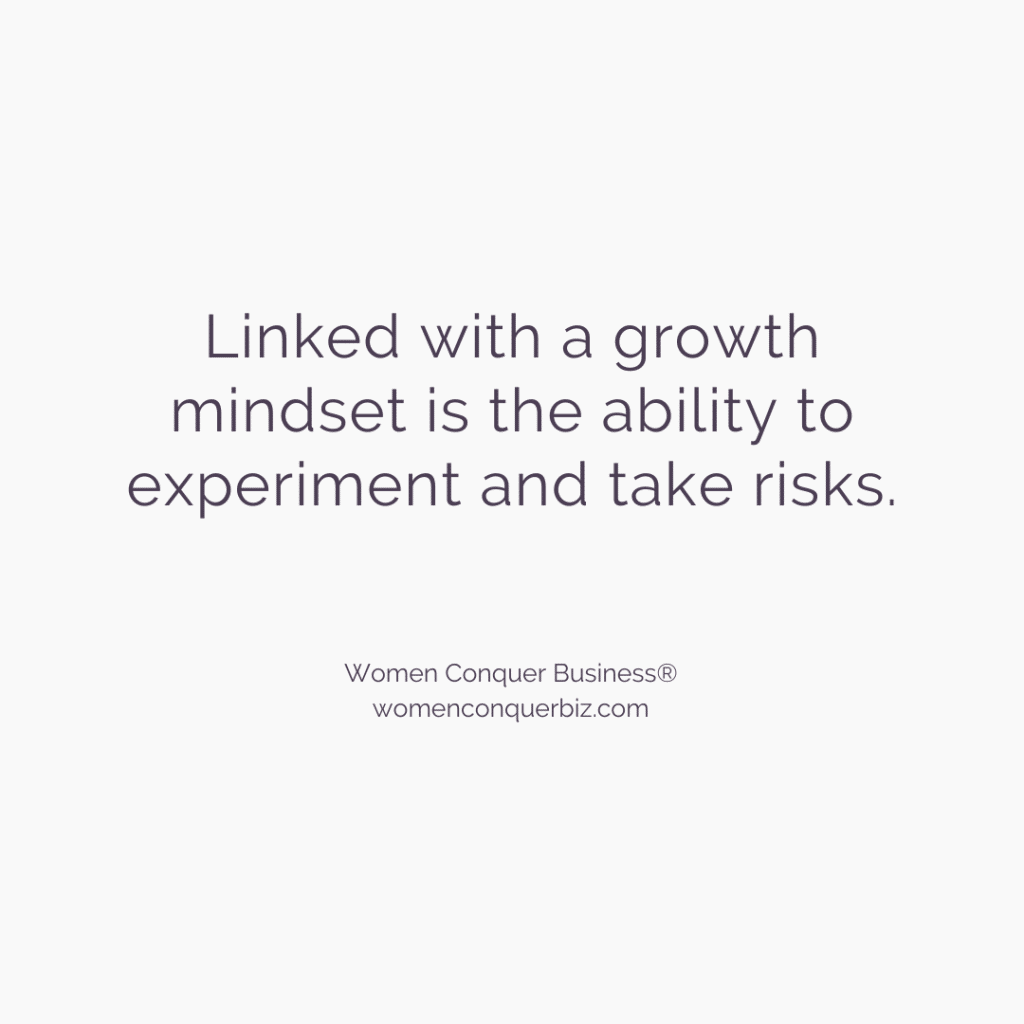We’re still in the thick of the coronavirus pandemic and only beginning to understand its long-term implications.
The virus’s physical effects surround us. From social distancing to face masks. Processing the full economic, business, and social consequences will take time. Because there has been a lot of effects of covid-19 on digital transformation.
Of course, we also live in the age of big data. Information gets analyzed and disseminated in the blink of an eye. Even a global pandemic hasn’t changed this.
What insights have we gained? For starters, businesses have transformed tremendously in one key area. The digital sphere.
COVID-19 has accelerated digital transformation by 5.3 years. In other words, years-long transformations have occurred in record time. Developments compressed into weeks or days.
The pandemic has also fostered an extreme environment in the business world. One that’s forced change and adaptation. It has also required pivoting and innovation in the digital space.
Here are lessons you can incorporate into your own business.

COVID-19 and the Changing Business Landscape
Over the past ten months, businesses have grappled with acute pandemic-related disruption. How have the most successful companies confronted it? By relying on lessons in digital transformation to adjust to rapidly changing times.
In December 2019 and January 2020, news of the virus was meager. No one predicted what was yet to come.
Who could have foreseen millions of shuttered businesses? Record unemployment? Or school closures?
Today, we’re continuing to make sense of the virus and current events. But some trends have emerged. For one, there’s been a dramatic increase in the use of digital technologies.
These technologies have replaced face-to-face interactions, protecting customers and employees from unnecessary interactions.
Innovative ways to satisfy and address customer experience have also developed. Especially among those demographics most vulnerable to COVID-19-related complications.
Covid-19 on Digital Transformation and Response to the Virus
What have the most successful companies done in the face of the pandemic? They’ve adopted consumer-facing practices. These include everything from grocery delivery to business-to-business eCommerce applications.
And as we all know, videoconferencing has penetrated every layer of business. From meetings to interactions with customers, it’s used in more ways than ever before.
What’s the lesson to be gleaned from all of this?
Businesses no longer have the luxury of incremental change. Instead, they’ve been forced to respond with extraordinary vigor and speed.
Waves of digital transformation have occurred in the past. But today’s changes are both more rapid and profound.
Now, transformation happens at unprecedented rates. That’s why you need to approach it holistically. Now more than ever before.
If you fail to do so? Then, you risk wasted investment and failed goal attainment. No company wants to face these prospects in the current climate.

Business Strategy: Dramatic and Rapid Transformations
What has come to define business in 2020? Dramatic and rapid interventions.
This approach to transformation isn’t necessarily suitable over the long-term. But it has proven crucial to survival in the interim.
And we can’t assume that the acute disruption we’ve seen this year will magically disappear in 2021. Reoccurrences of disruption and should be anticipated.
Such is the nature of pandemics. Future uncertainty will remain a significant challenge for executives to grapple with moving forward.
Business leaders must anticipate their next digital moves wisely. Of course, this is far from an easy task. But you’ve done it before, even if the stakes weren’t nearly as high.
You see, business leaders must recognize the pandemic is just one of many disruptors we’ve faced over the years. Yes, we may have felt more “in control” of past transformations, but that doesn’t mean they proved any less significant.
Particularly when it comes to past technological disruption. As executives, we’ve likely enjoyed hard-won experiences in this area. We need to recognize this fact and then proceed with confidence in the now.
Digital Transformation in the Age of Coronavirus
After all, digital disruption has always been more than a figurative road bump. It has fundamentally altered the way we do business. Just like the coronavirus is now doing.
As executives, we’ve reconfigured companies to address “new normals” before. And we’ll do so again.
The silver lining in all of this? As an entrepreneur, you’ve already seen more disruption than you may give yourself credit for. Each brush with uncertainty has prepared you for this moment.
In some respects, the virus represents a litmus test for the investments companies have and will make in digital transformation. It’s increased the importance of change in specific areas. Like technologies that address safety concerns and health.
Conversely, current circumstances have exposed organizations that talked a good digital transformation game but failed to make substantial gains.

Agility and Cross-Functional Teams
What do we know about the companies that have fared best this year? There’s a strong correlation between how a company responds to digital disruption and how it organizes its employees.
Digitally mature companies rely on cross-functional teams. Not coincidentally, these companies have suffered fewer issues with structural interference or management processes. And this, despite unprecedented remote work shake-ups.
These companies have teams with greater independence when it comes to decision-making. These teams are also more streamlined and excel in rapid decision-making.
Cross-functional teaming represents an increasingly essential characteristic of a profitable business. One that aids organizations in the dismantling of silos, making way for a unified and rapid response.
Professional Development Gains
A surprising number of companies have also made great professional development strides over the last seven months. These have included increasing educational resources and webinar availability to employees.
Workers are also turning to Skillsoft and similar platforms to learn how to manage in a new virtual environment. In the process, they’ve cultivated new skills, like coding and data science.
How profound has this trend been? Skillsoft has noted a threefold increase in the consumption of its products since the virus’s outbreak.
Besides enhancing skillsets, many employees have enjoyed a tremendous learning curve on the job. After all, they’ve faced unprecedented challenges and circumstances. Learning on the job has skyrocketed.
Fostering a growth mindset, both individually and corporately, leads to better adaptation, even in times of hardship. Individuals and organizations with a growth mindset place a primary emphasis on hard work and innovation.
Encouraging this mindset is an excellent business transformation strategy.

Experimentation and Business Strategy in the Age of Coronavirus
Linked with a growth mindset is the ability to experiment and take risks. This ability has paid off for many companies this year.
They’ve taken the time to cultivate a company culture and create the teams that facilitate risk-taking. The ability to handle risk proves to running a business. Many organizations list it as central to digital transformation.
They also name it as critical to dealing with digital disruption. Some companies have gone to extraordinary lengths in recent months. A high level of adaptability remains a vital indicator of business health, especially during times of rapid change.
Few variables are better predictors of a thriving workplace environment. This observation proves even more true when the organization has cross-functional teams in place.
Explore how customers are buying since COVID-19 began.
Setting Business Goals and Innovating Despite Disruption
Many companies have faced the rapid effects of covid-19 on digital transformation. They’ve also enjoyed unique opportunities to evolve their systems, despite the inherent challenges.
For some, the process has involved small innovations. Like using Twitter to communicate with customers (and take some pressure off overloaded call centers).
For most companies, it has also involved a rapid shift to remote work. Yet, most companies report no drop in short-term productivity or individual performance.
That said, employees are now interacting with one another much less. As a result, they remain more focused on completing the job at hand.
This fact is great for productivity. But some companies foresee a drop in innovation.
After all, informal daily interactions remain crucial to inspiring innovation. These organizations are exploring ways to retain opportunities for socialization despite remote working.
Leading Amid the Uncertainty of COVID-19
Scenario planning pre-dates COVID-19 by a long shot. Some CIOs have been planning and developing contingency plans for years.
These scenarios have proven invaluable. They’ve helped organizations adapt to uncertain environments characterized by rapid changes.
Did these companies plan for a pandemic? Not necessarily. But the exercise of developing contingencies put them in the problem-solving mindset.
Some of these companies even report quickly adapting existing plans to address COVID-19. Without starting from scratch.
They’ve also proven nimble adjusting to changing consumer needs. After all, customers have a different set of expectations during times of disruption. Cultivating foresight has aided organizations in exploiting digital space and launching digital transformation.
Want to Learn More About Effects of Covid-19 on Digital Transformation?
We can all agree that 2020 has brought with it many unforeseen events. Yet, it’s also provided opportunities for growth. One of the most significant areas of development has been digital transformation.
Are you interested in learning more about how the pandemic has influenced consumers? Click here to find out more about consumer behavior since COVID-19.



